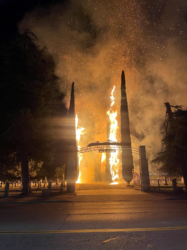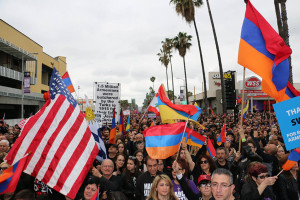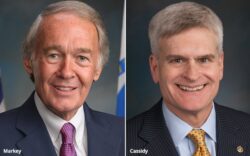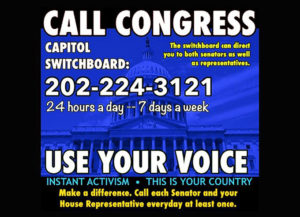Peace Process Requires Artsakh
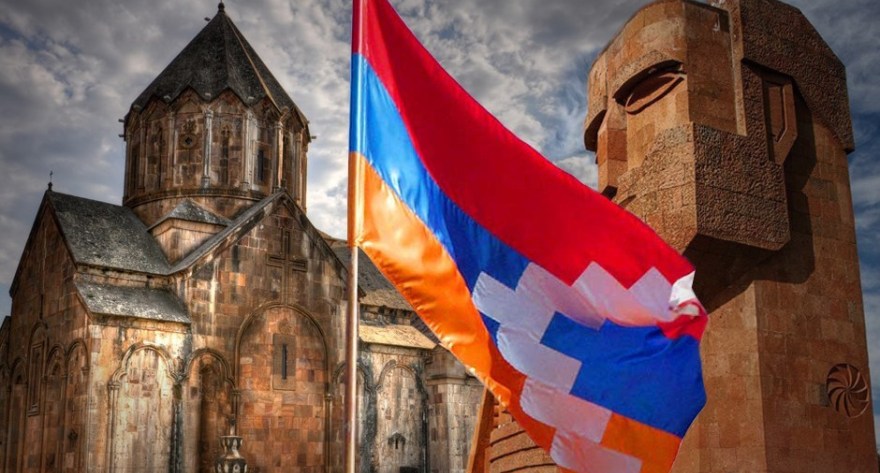
May 12 marked the 25th anniversary of the Nagorno-Karabakh / Artsakh-Azerbaijan cease-fire agreement signed by representatives of the Nagorno-Karabakh / Artsakh Republic, the Republic of Azerbaijan, and the Republic of Armenia.
This trilateral agreement put an end to a bloody war unleashed against the Armenian people of Artsakh, who struggled to live in freedom and dignity within their ancestral homeland. The fragile peace established by the agreement made it possible to avoid further human losses. It laid the groundwork for a peace negotiation process aimed at finding a just and lasting solution.
Unfortunately, despite all the efforts of the OSCE Minsk Group, no tangible progress has been made over the last 25 years in reaching a comprehensive agreement for a lasting peace.
The continuous aggressive and hostile behavior of the Azeri regime culminating in the resumption of large-scale hostilities on April 2016 and the unceasing sniper fire aimed at Artsakh, evokes the explosive nature of the situation and the tragic consequences of a possible escalation.
The Armenian Council of America believes that there is no alternative to this conflict other than a peaceful resolution. It requires the fulfillment of certain essential conditions. In particular, the renunciation of belligerent rhetoric, hate speech, and the establishment of confidence-building measures, such as the OSCE investigative mechanism to prevent cease-fire violations – that the Armenian side has accepted – as well as promoting interpersonal contacts.
Such interpersonal contact must start at the negotiating table. The Armenian Council of America continues to be convinced that a real and successful peace process requires a direct dialogue with the people of Artsakh and the full participation of the Artsakh authorities, who are one of the three signatories of the ceasefire agreement.
The Armenian Council of America is committed to champion the causes and concerns of the Armenian-American community within local, state, and federal governments.
